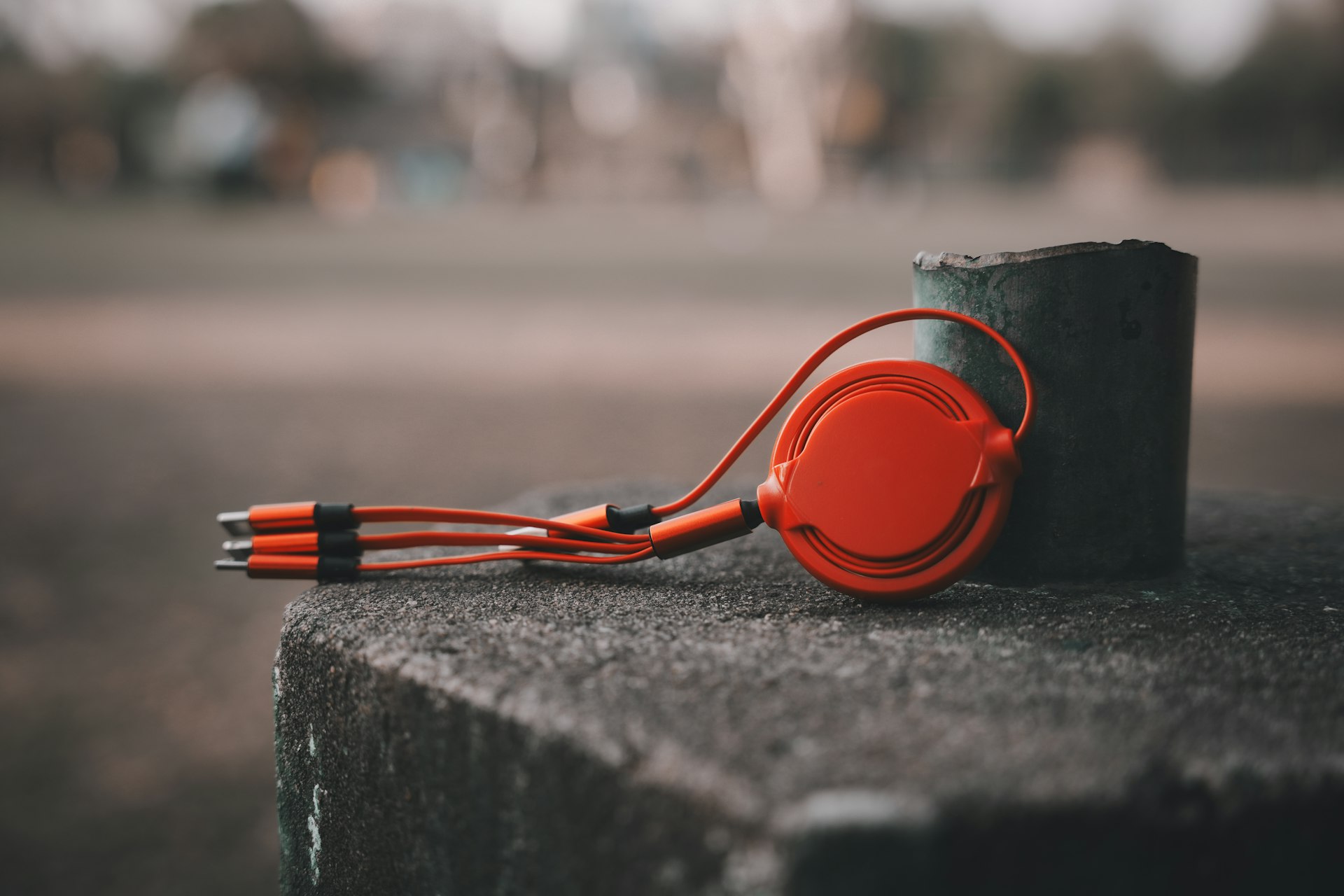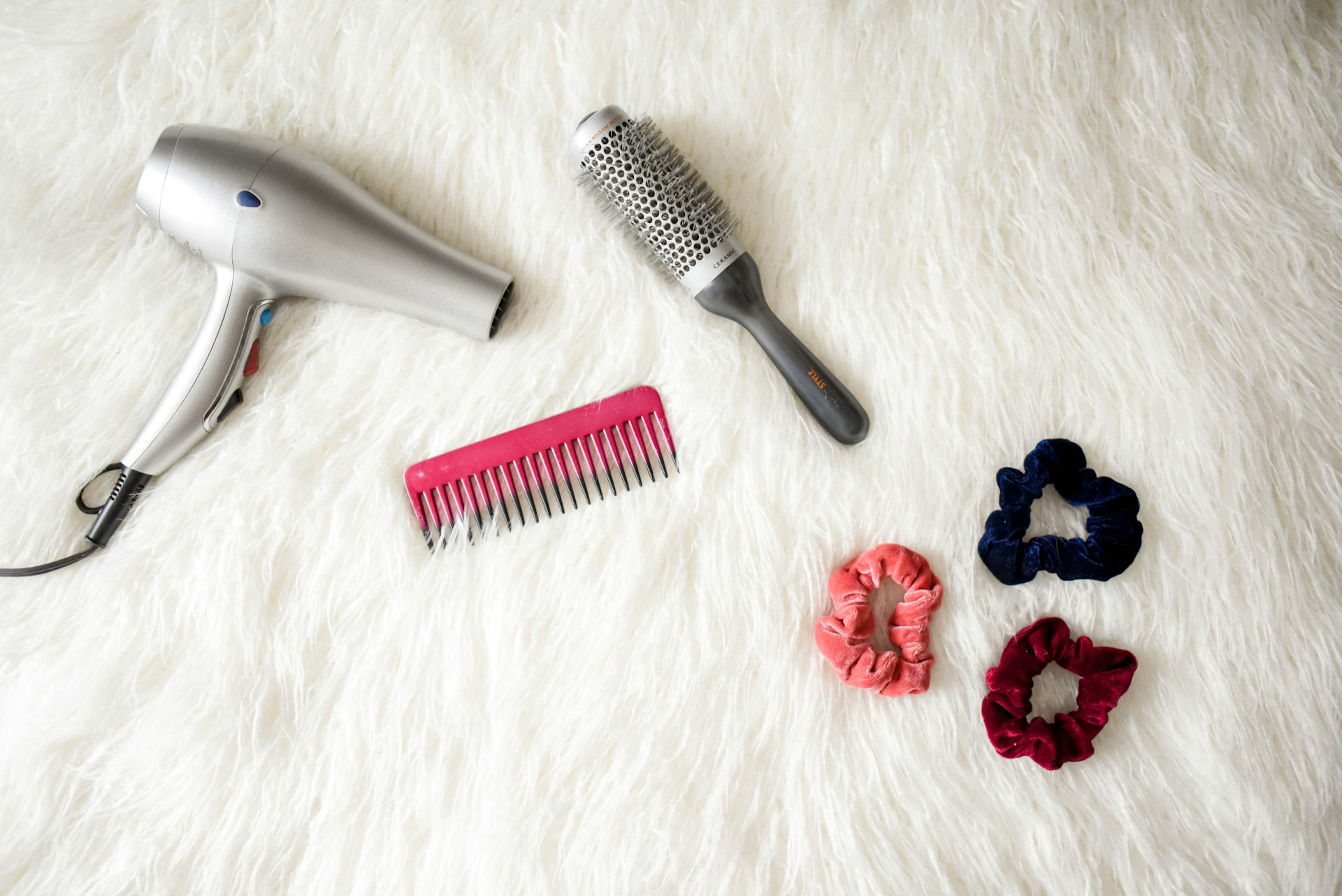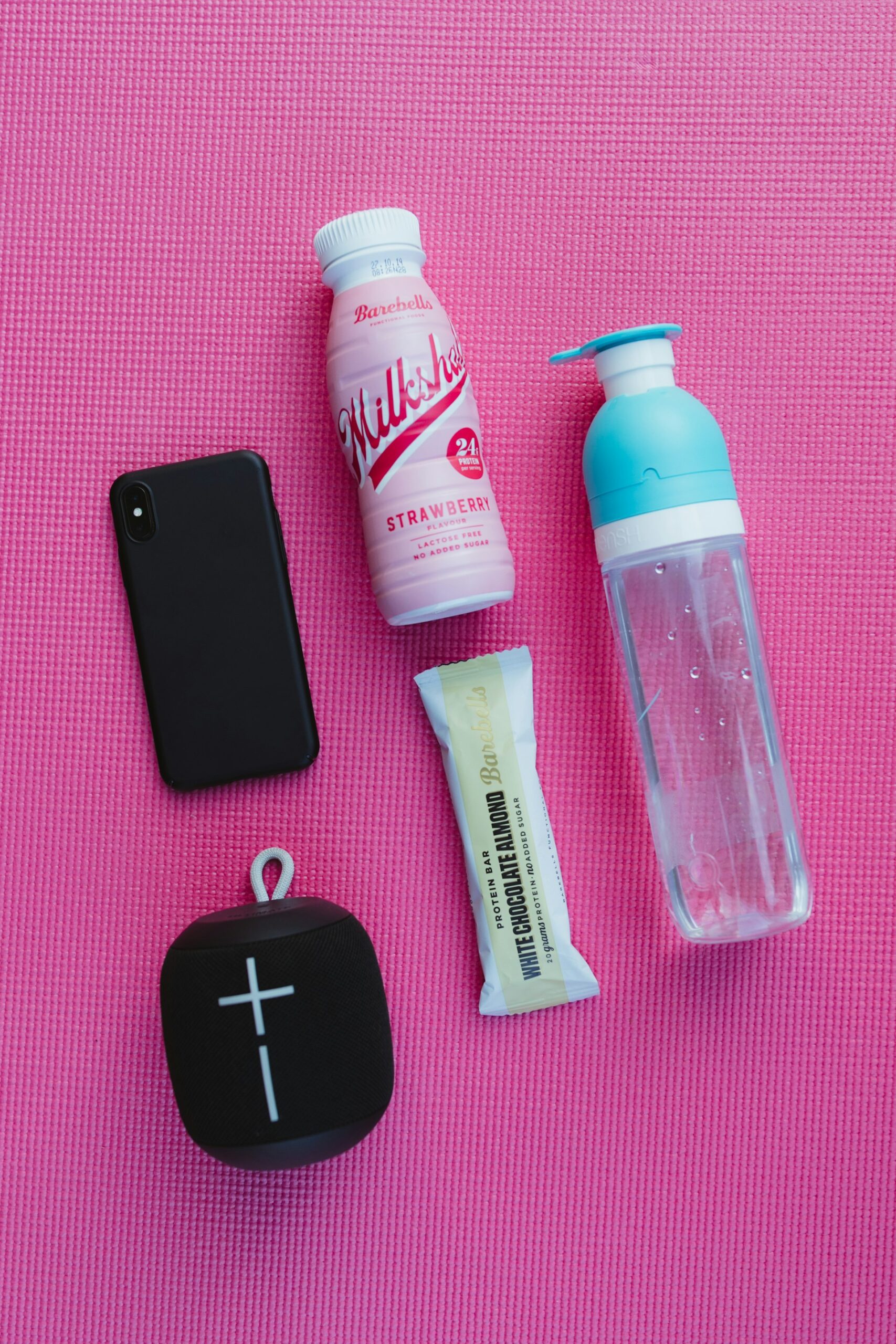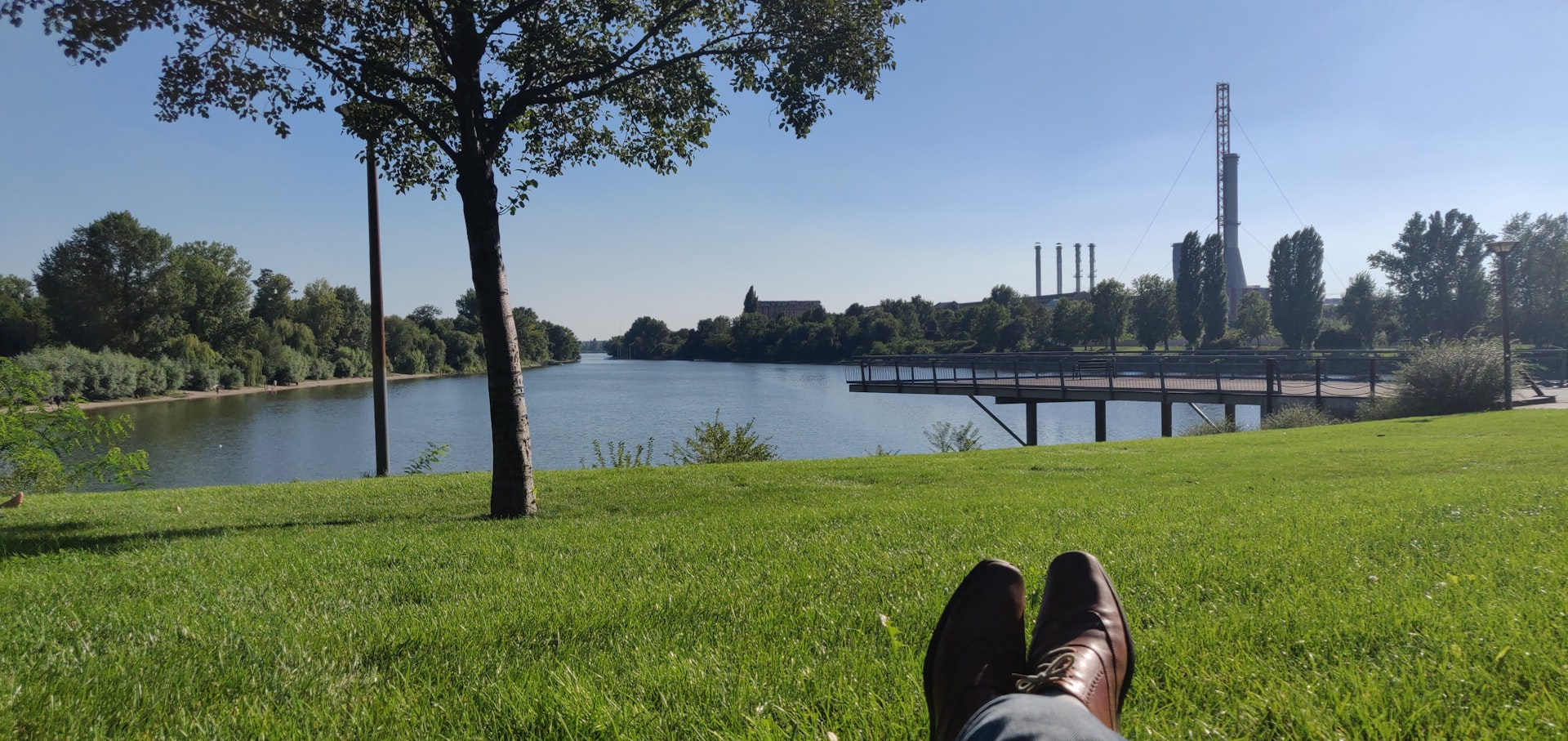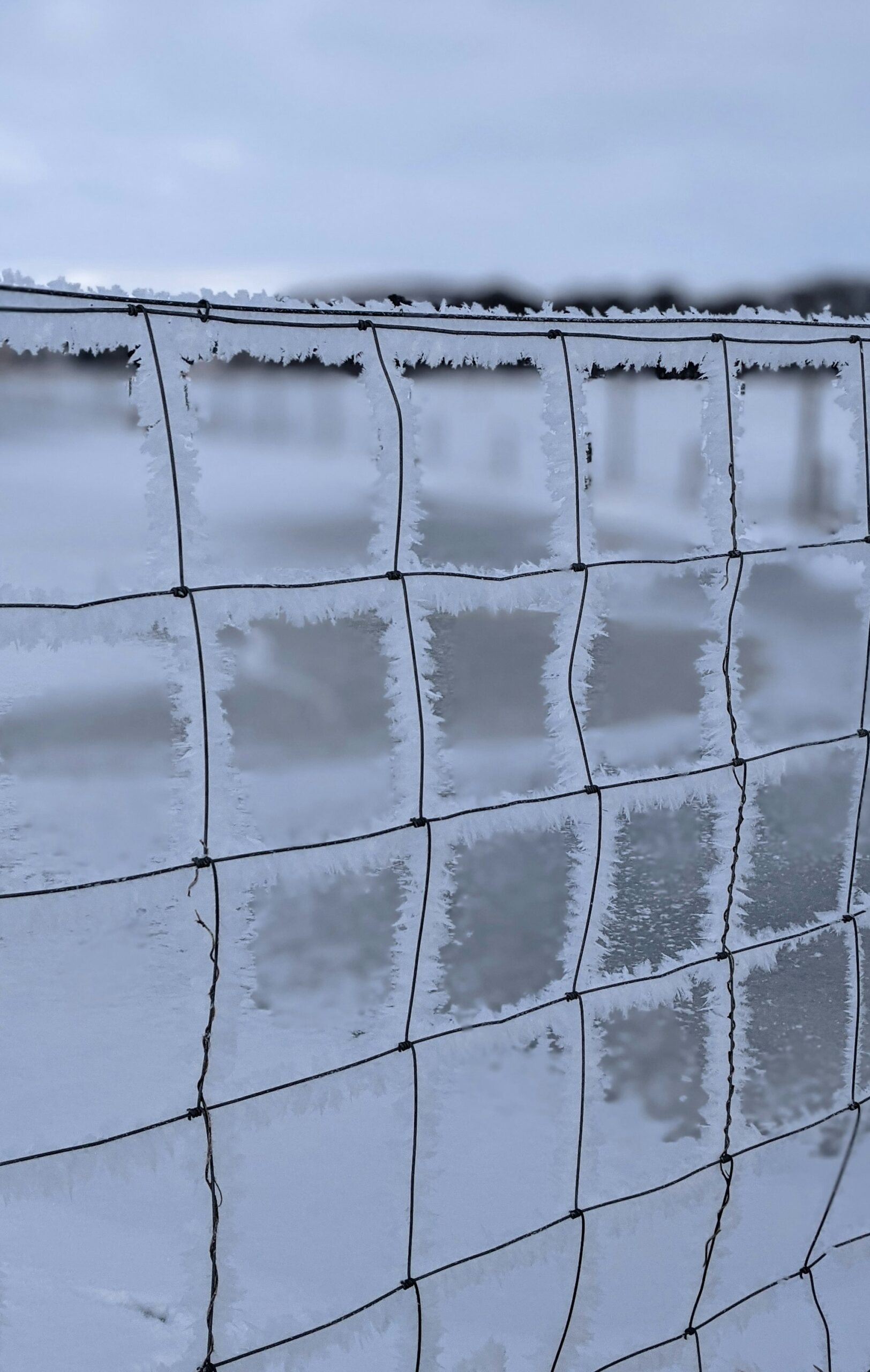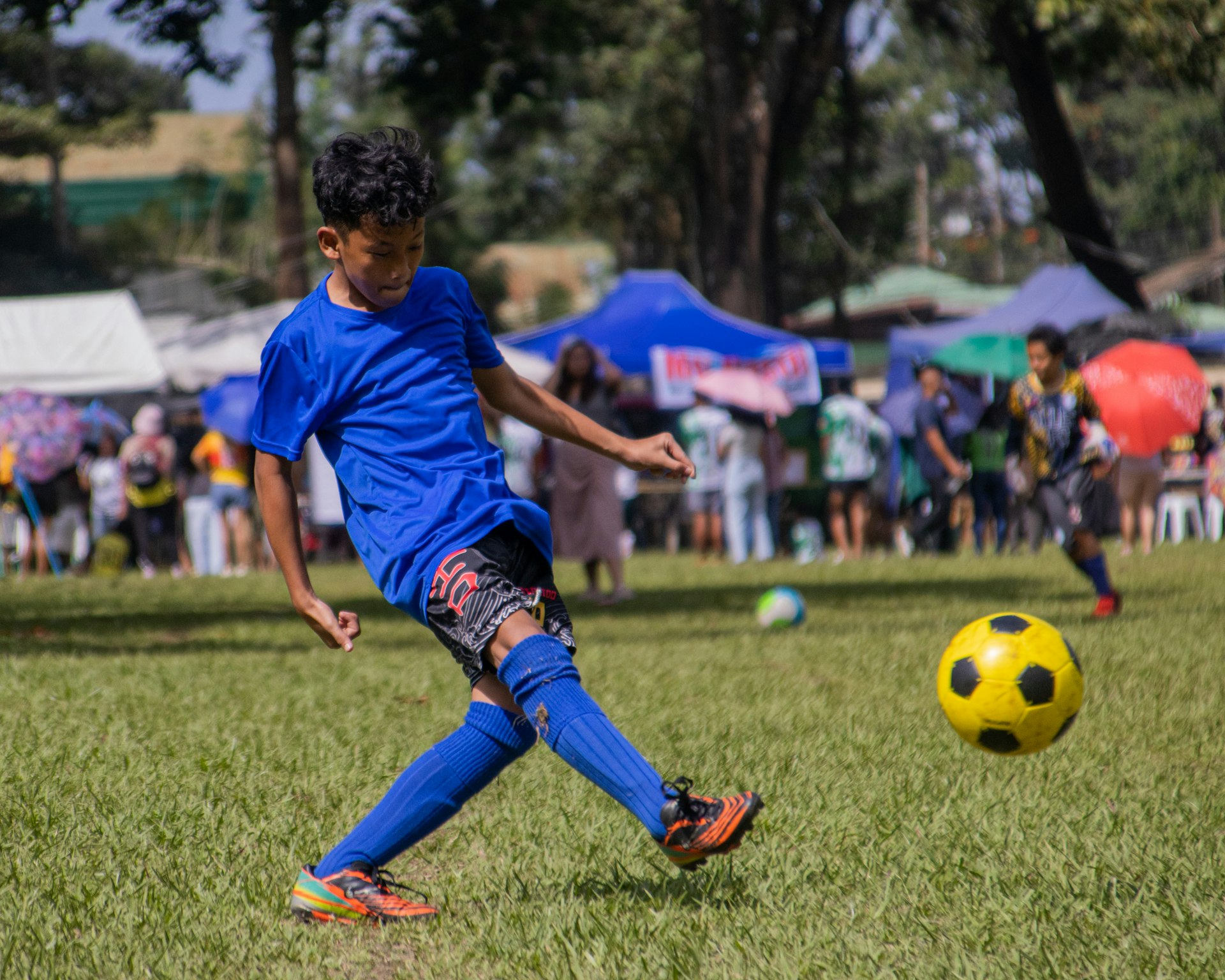Why Pre-Game Nutrition Matters for Athletes: Strategies, Science, and Success

Photo by Edagar Antoni Ann on Unsplash
Introduction: The Power of Pre-Game Nutrition
Athletic performance requires more than just skill and training. The meals and fluids consumed before competition play a critical role in determining an athlete’s energy, focus, stamina, and recovery. Optimal pre-game nutrition can be the difference between a sluggish start and a winning edge. This article explores the science, practical strategies, and actionable steps behind effective pre-game nutrition for athletes of all ages and competition levels.
Understanding the Science: Why Pre-Game Nutrition Is Essential
Pre-game nutrition is not just about avoiding hunger-it’s about fueling your body to perform at its best. Carbohydrates are the primary energy source for high-intensity exercise, stored as glycogen in muscles and the liver. Proper carbohydrate intake in the days and hours before a game tops off these stores, helping to delay fatigue and sustain maximum power output [1] . Without adequate fuel, athletes risk early exhaustion, impaired decision-making, and even injury during competition.
Hydration is equally important. Dehydration can quickly sap energy, cause cramping, and reduce both physical and mental performance. Drinking enough fluids before and during the event is crucial for maintaining blood volume, regulating body temperature, and supporting muscle function [2] .
Carbohydrates: The Athlete’s Fuel
Carbohydrate loading is a proven strategy for maximizing muscle glycogen stores. Starting two days before a major event, athletes should increase their intake of complex carbohydrates such as whole-wheat pasta, rice, potatoes, bread, fruits, and vegetables [3] . Meals should be balanced and consumed every 2-4 hours to ensure steady glycogen replenishment. Avoiding unfamiliar foods, spicy dishes, and excessive fat is important to prevent digestive discomfort that could hinder performance.
On match day, a carbohydrate-rich meal should be eaten three to four hours before the event. This meal might include whole grain bread, pasta with lean protein, and a side of fruit. Large meals are unnecessary right before competition, as energy from these foods will not be immediately available. Instead, topping off with a small, easily digestible snack about an hour before game time-such as a banana or a low-fiber granola bar-can maintain blood sugar and stave off hunger without causing discomfort [1] .
Hydration: Sustaining Performance and Focus
Hydration strategies should begin well before the athlete steps onto the field. As a general guideline, an athlete should drink half their body weight (in pounds) in ounces of water daily [2] . On game day, athletes should sip fluids throughout the day, aiming for at least 20 ounces of water or a sports drink with added electrolytes in the four hours leading up to competition [4] . This helps prevent the fatigue, cramps, and cognitive decline associated with dehydration.
For events lasting longer than an hour, or in hot and humid conditions, sports drinks containing carbohydrates and electrolytes can help maintain energy levels and replace lost sodium. However, athletes should be cautious with high-sugar or carbonated beverages, as these can cause gastrointestinal upset.
Protein and Fat: Timing and Choices
While carbohydrates are the primary focus, lean protein plays a supporting role in muscle repair and recovery. Pre-game meals may include moderate amounts of grilled chicken, fish, or turkey, paired with complex carbohydrates [4] . High-fat foods and those rich in fiber-such as fried foods, creamy sauces, beans, and cruciferous vegetables-should be avoided just before competition, as they digest slowly and may cause bloating or sluggishness [5] .
For evening events, a light snack before bedtime the night before-such as low-fat yogurt, a banana with peanut butter, or a small bowl of cereal-can help keep glycogen stores steady without overloading the digestive system [4] .
Step-by-Step: Building Your Pre-Game Nutrition Plan
Developing a personalized pre-game nutrition plan involves knowing your body, your sport, and your schedule. Here are actionable steps to implement effective pre-game fueling:
- Start Early: Two days before the event, increase complex carbohydrate intake and reduce intense training to allow for glycogen replenishment [3] .
- Plan the Night Before: Eat a familiar, balanced dinner high in carbohydrates and moderate protein. Avoid trying new foods or excessive spices [2] .
- Match Day Meal: Schedule your main pre-game meal 3-4 hours before competition. Choose whole grains, lean protein, and a small amount of healthy fat. Drink at least 20 ounces of water with this meal [1] .
- Pre-Game Snack: About an hour before the game, have a small, easily digestible snack to stabilize blood sugar. Options include a banana, low-fat granola bar, or a handful of pretzels [4] .
- Hydrate Consistently: Drink water or a sports drink at regular intervals throughout the day, and avoid beverages high in sugar or caffeine [2] .
Real-World Example: Implementing a Game Day Nutrition Plan
Consider a high school soccer player with a 5:00 PM match. To optimize performance, the player eats a carbohydrate-rich breakfast (oatmeal with fruit), a balanced lunch (whole grain sandwich with lean turkey, apple, and water), and a pre-game meal at 1:30 PM (whole wheat pasta with grilled chicken and vegetables). At 4:00 PM, the athlete has a banana and sips a sports drink. Throughout the day, water intake is maintained, following the recommendation to drink half the body weight (in ounces) per day.
This approach helps ensure glycogen stores are full, hydration is optimal, and the athlete avoids the pitfalls of fatigue, cramps, and poor focus.
Common Challenges and Solutions
Some athletes struggle with early morning competitions or nerves that affect appetite. If eating a full meal is difficult, choose smaller, easily digestible foods and practice your pre-game routine during training to help the digestive system adapt. For those with dietary restrictions (such as gluten intolerance or vegetarian diets), focus on suitable carbohydrate sources like rice, potatoes, or gluten-free grains, and include plant-based proteins as needed.
Travel, unpredictable schedules, and limited food options can also pose challenges. Athletes should prepare by packing portable snacks-such as granola bars, bananas, or pretzels-and staying hydrated with a refillable water bottle. When in doubt, stick to familiar foods and avoid risky new options before competition.

Photo by Massimo Sartirana on Unsplash
Alternative Approaches and Flexibility
Nutrition is not one-size-fits-all. Some athletes may benefit from individualized plans developed with a sports dietitian, especially for endurance sports or multi-day tournaments. Others may need to adjust their timing or food types based on personal tolerance and experience. The key is to test your pre-game nutrition routine during practice, not on game day, and to make modifications as needed for optimal comfort and performance.
Accessing Nutrition Support and Resources
Athletes looking to enhance their pre-game nutrition can:
- Consult with a registered dietitian specializing in sports nutrition. You can find certified professionals through organizations such as the Academy of Nutrition and Dietetics by searching for “sports dietitian near me.”
- Refer to official resources from established sports organizations, colleges, or hospitals for evidence-based guidance.
- Discuss nutrition plans with coaches and athletic trainers, who can help tailor recommendations based on sport and position.
If you are unsure where to start, speak with your healthcare provider or school athletic department to access nutrition counseling and personalized advice.
Key Takeaways
Effective pre-game nutrition is a cornerstone of athletic achievement. By focusing on carbohydrates, maintaining hydration, and choosing the right foods at the right times, athletes can maximize their energy, sharpen their focus, and recover faster after competition. Developing and practicing a personalized nutrition plan is essential-starting well before game day and adjusting based on experience and feedback. With the right strategies and support, any athlete can fuel for success and unlock their full potential.
References
- [1] LA Galaxy (2021). Match Day Nutrition Part 1: Pre-Game Nutrition Strategies.
- [2] UChicago Medicine (2023). What young athletes should eat before and after the game.
- [3] Fairfield Prep. The Importance of Pre-game nutrition for performance and recovery.
- [4] Nationwide Children’s Hospital. Game Day Fueling Plan for Athletes.
- [5] University Hospitals (2020). The Best Food For Athletes To Eat Before a Competition.
MORE FROM dealdetectivepro.com

